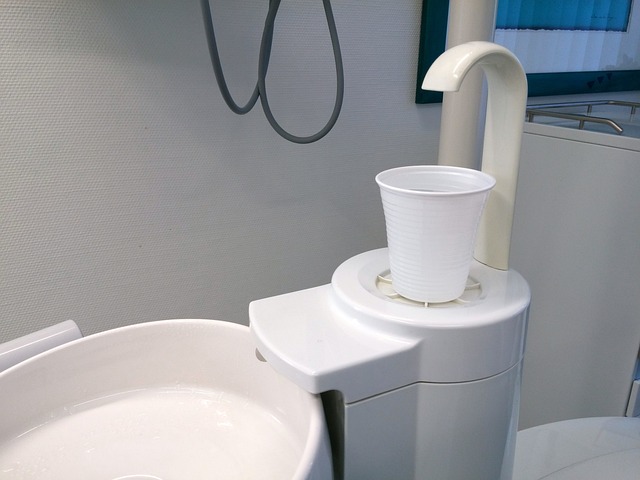Summary Aim This study was conducted to evaluate the effect of type 1 diabetes mellitus (T1DM) on the microhardness of tooth enamel and dentin in mice. Design Seventy male C57BL/6 J mice were used in this study. Thirty-five mice were rendered diabetic by administration of streptozotocin (STZ), and the remaining animals received citrate buffer (normal/nondiabetic). In each group, samples were divided into 7 subgroups of 5 mice based on time points 0, 1, 4, 8, 12, 20, and 28 weeks. The microhardness value (MHV) of second molar enamel and root dentin were tested with a Vickers microhardness tester. Dentin tubular density of five specimens from each subgroup was evaluated using scanning electron microscopy (SEM) and color dot map analysis to determine the color intensity of strontium (Sr) and magnesium (Mg) using of ImageJ software. Results Enamel MHV was significantly reduced in STZ samples at time points of 12 weeks (STZ: 274.39 ± 15.42, normal: 291.22 ± 15.28), 20 weeks (STZ: 247.28 ± 19.65 , normal: 290.68 ± 11.52) and 28 weeks ( STZ: 232.87 ± 15.07, normal: 282.76 ± 10.36) (P < 0.05). When comparing the dentin MHV in subgroups of the normal group, after 20 weeks (169.1 ± 7.5) and 28 weeks (168.6 ± 7.81), the MHV increased significantly (P < 0.05). However, in the STZ group, a significant reduction of MHV was noted among the 28-week samples (131.69 ± 6.2) with other subgroups (P < 0.05). Conclusions T1DM negatively affected the microhardness of enamel and dentin, and enamel was affected much more negatively and rapidly compared to dentin in the diabetic groups. |
Comments
People with type 1 and type 2 diabetes are prone to tooth decay, and a new Rutgers study may explain why: reduced strength and durability of enamel and dentin, the hard substance beneath the enamel that gives structure to teeth.
The researchers induced type 1 diabetes in 35 mice and used a Vickers microhardness tester to compare their teeth to those of 35 healthy controls over 28 weeks. Although the two groups started with comparable teeth, enamel became significantly weaker in the diabetic mice after 12 weeks, and the gap continued to widen throughout the study. Significant differences in dentin microhardness emerged at week 28.
"We’ve long seen high rates of cavity formation and tooth loss in patients with diabetes, and we’ve known for a long time that treatments like fillings don’t last as long in these patients, but we didn’t know exactly why," Mohammad said. Ali Saghiri, assistant professor of restorative dentistry at Rutgers School of Dental Medicine.
The study advances a multi-year effort by Saghiri and other researchers to understand how diabetes affects dental health and develop treatments that counter its negative impact.
Previous studies have established that people with both types of diabetes have significantly elevated rates of most oral health problems, both in the teeth and the soft tissues surrounding them. Saghiri and other researchers have also shown that diabetes can interfere with the ongoing process of adding minerals to teeth as they wear down from normal use.
“This is a particular focus because the population of people with diabetes continues to grow rapidly,” Saghiri said. “There is a great need for treatments that allow patients to keep their teeth healthy, but it has not been a major area of research.”
Conclusion
Based on the results of this study, the following conclusions can be drawn:
• Aging decreases enamel microhardness and increases dentin microhardness in non-diabetic mice.
• Type 1 diabetes decreases the microhardness of both enamel and dentin.
• In diabetic mice, enamel microhardness decreased significantly after 12 weeks, while dentin microhardness decreased after 28 weeks. It seems that DM1 affects enamel microhardness much more negatively and quickly than in non-diabetics.
















